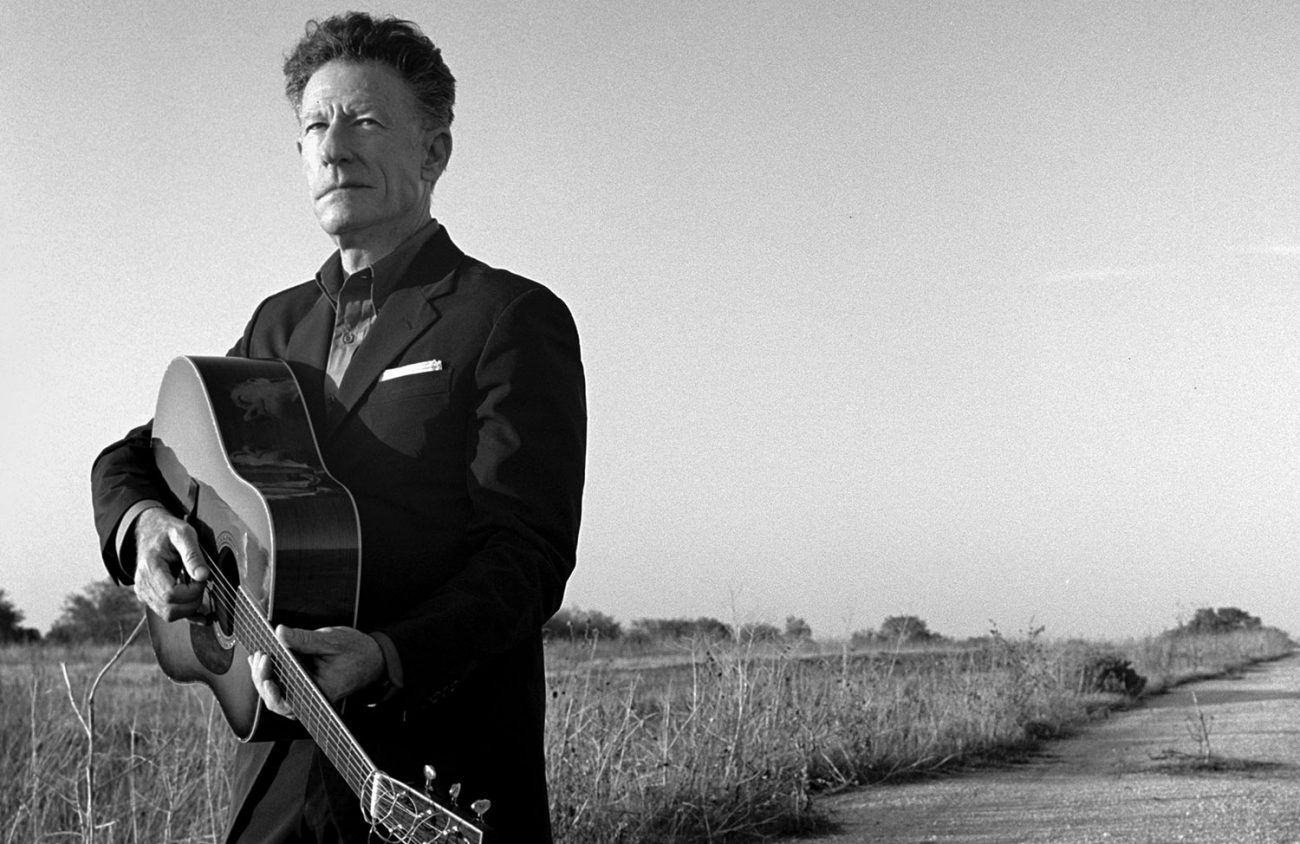Classical music is great at going big — witness Eugene Symphony’s concert Thursday, Jan. 24, at the Hult Center featuring Tchaikovsky’s monumental Piano Concerto No. 1 and Nielsen’s fourth symphony, plus Grażyna Bacewicz’s Overture for Orchestra.
But let’s face it, orchestras and Hult appearances are expensive, and classical also affords more-intimate pleasures in more compact spaces, like piano trios and string quartets.
This month, however,ņ offers a rarer opportunity to hear far less often performed music by intermediate-sized ensembles.
Sunday (Jan. 27) afternoon’s microphilharmonic performance at The Shedd features four arrangements of late 19th-century orchestral works, distilled down to chamber orchestra forces playable by a dozen Eugene classical musicians. (See Bob Keefer’s story below).
They all originated in a famous 1918-22 Vienna concert series that composer Arnold Schoenberg instigated to bring dozens of late 19th-century masterworks down to size — large enough to convey their power, small enough to hear nuances and textures sometimes lost amid mega-orchestras in capacious halls. (Portland’s Martingale Orchestra has performed and recorded some of these same arrangements.)
The chamber orchestra will play Schoenberg and colleagues’ adroit reductions of mega-masterworks by Johann Strauss, Debussy’s gorgeous Prelude to the Afternoon of a Faun, Mahler songs and even a Strauss arrangement by microphil mastermind and clarinetist Michael Anderson.
Another medium-sized combo arrives Feb. 3 at the University of Oregon’s Beall Concert Hall when two esteemed string quartets — Pražák Quartet and Zemlinsky Quartet — team up to play some prodigious classical works that they — and we — just don’t get to play nearly as much as they deserve, simply because most chamber music ensembles consist of three or four players, and these require eight.
Felix Mendelssohn’s magnificent 1825 Octet is regularly deemed “astonishing” by critics, and not just because he wrote it as a teenager. Any composer of any age would have been overjoyed to produce music of such tunefulness and exuberance.
In fact, its success seemed to encourage other young composers to try the same thing. Romanian composer George Enescu was comparatively ancient — all of 20 years old — when he wrote his own Octet in 1900. Overstuffed with late Romantic drama, it goes on too long and lacks emotional variety, but packs enough powerful moments to herald a successful career.
Maybe 18-year-old music student Dmitri Shostakovich learned a lesson from Enescu: His two highly contrasting octet movements from 1925 are tight (under 10 minutes) and potent, signaling the Russian composer’s forthcoming ascension to the pinnacle of 20th-century classical music.
We could all use a little warmth and sunshine here in the depths of midwinter, even if only in our imaginations. Before and after briefly summoning fin de siècle Vienna, The Shedd goes all aloha.
On Saturday, Jan. 26, Grammy Award-winning singer/songwriter Kalani Pe’a returns, carrying the banner of the next generation of Hawaiian singers. An advocate for traditional Hawaiian culture, he’ll sing music from his award-winning debut release and his new album, which includes both original and classic compositions in the Hawaiian language.
Then next Thursday, Jan. 31, The Shedd brings back Honolulu’s Jake Shimabukuro for the fifth time. One of the great string virtuosos of our time, he was being called the Hendrix of the ukulele as a teenager and has steadily expanded his musical range, from his originals to covers of everything from the Beatles to Queen’s “Bohemian Rhapsody,” Schubert’s “Ave Maria” and Leonard Cohen’s “Hallelujah.” Shimabukuro has performed at big festivals like Bonnaroo and SXSW, the major TV late night shows and is even the subject of a Netflix documentary. He plays so much uke that he doesn’t need a band.
Speaking of downsized sounds, on Saturday, Feb. 2, The Shedd brings a dynamic duo of acoustic American roots music to its own Jaqua Concert Hall. Wry Texas troubadour Lyle Lovett’s smart, evocative signature blend of country, jazz, folk, gospel, Texas swing and blues works beautifully in his Large Band, but also in intimate settings like the coffeehouses where I used to hear him play in Austin in the 1980s.
And John Hiatt, who broke out into mainstream success around the same time as Lovett, actually conceived much of his new release, The Eclipse Sessions, as a solo acoustic record before finally deciding on an almost as stripped down format of bass, drums, and his own guitar and vocals. So this pairing with Lovett should provide even longtime fans a different, more intimate view of the music of two of America’s finest songwriters.
And as long as we’re exploring our American music roots, check out Chico Schwall’s latest installment in his Shedd series on Feb. 6. This one’s a tribute to the legendary Carter Family (subject of a good recent documentary), whose descendants today include Rosanne Cash and Carlene Carter.
If you’re wondering what Johnny Cash was listening to before he married into the Carters’ country music royalty, you’ll hear Schwall and his quartet play and sing their proto-country classics from the late 1920s.
Around the same time, Blind Willie McTell was helping invent the blues, earning immortality for much covered classics like “Statesboro Blues” (an Allman Brothers hit) and becoming the subject of a Bob Dylan classic. It’s a fascinating double portrait of two vital strains of American music emerging simultaneously. A generation later, they’d cross-pollinate into rock ‘n’ roll.
